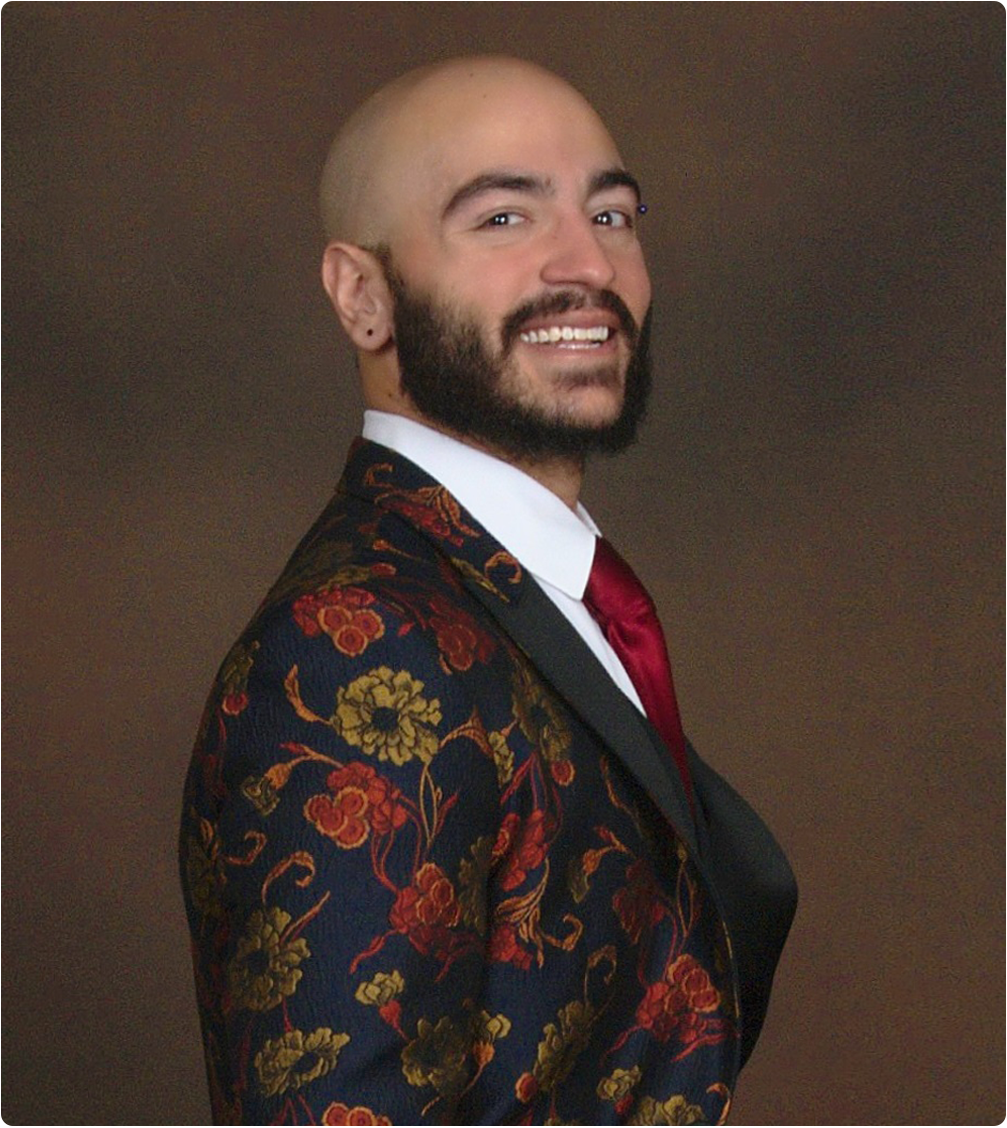

How to Write a Personal Statement for Graduate School Applications
Learning Objectives
Upon completion of this comprehensive and engaging course, you will be able to:
- Strategically analyze ambiguous personal statement prompts
- Review formatting best practices for personal statements
- Identify the 5-part structure of a perfect personal statement
- Use templates to write the 6 key paragraphs of a successful personal statement
- Explain how to write a compelling hook to begin your personal statement
- Identify the 5 “beats” of a perfect opening paragraph to your personal statement
- Properly frame your educational, research, and practical experiences
- Effectively address special circumstances such as low grades, transferring, switching majors, changing careers, and having previous graduate school experience
- Establish goodness-of-fit between your target program and desired supervisor
- Describe your short- and long-term career goals
- Specify your biggest strengths and weaknesses
- Modify your personal statement to meet maximum word or page count requirements
- Avoid the 7 most common mistakes made when writing a personal statement
Instructor

Jay Phoenix Singh, PhD, PhD is a Fulbright Scholar and the internationally award-winning Executive Director of Publication Academy. Author of over 90 peer-reviewed articles and book chapters (average 400+ citations/year since 2010) as well as 4 books (published by Routledge, Wiley, Sage, and Oxford University Press), he completed his graduate doctoral studies in psychiatry at the University of Oxford and clinical psychology at Universität Konstanz. He was named the youngest tenured Full Professor in Norway in 2014 before accepting faculty appointments at the University of Cambridge as well as the University of Pennsylvania. Since this time, he has become the only psychology professor to have lectured for all eight Ivy League universities (Harvard, Yale, Princeton, Columbia, Cornell, Brown, Dartmouth, UPenn) as well as both Oxford and Cambridge. Dr. Singh has provided keynote speeches at leading academic conferences on six continents, and his work has been featured in leading newspapers such as The Washington Post and magazines such as People. He has been the recipient of awards from organizations including the American Psychological Association, the Royal College of Psychiatrists, the Society for Research in Child Development, the Society for Research in Adolescence, the American Board of Forensic Psychology, the American Psychology-Law Society, and the European Congress on Violence in Clinical Psychiatry.

